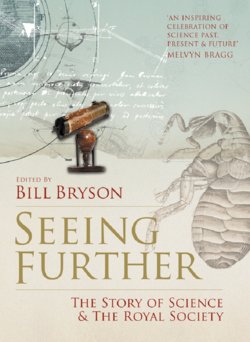Читать книгу Seeing Further: The Story of Science and the Royal Society - Билл Брайсон, Bill Bryson - Страница 14
CONCLUSION
ОглавлениеAt all times in The Divine Comedy Dante knew where he was. He was embedded in a cosmos that gave him a position physically, spiritually and psychologically. One of the many strengths of the Comedy is that it gives a concrete landscape to both soul and psyche. While the book must be read as the journey of a Christian soul through Hell and Purgation towards Paradise, it can also be read as a journey of psychological self-examination and healing. The descent into Hell is a literal depiction of human psychic suffering; the trip up Mount Purgatory is the therapeutic path. We can gauge Dante’s progress by the state of his surroundings – we feel the anguish as we slog with him through the ditches of the Malebolge, we rejoice with relief as he trots up the marble ramps of the mountain. Dante may be a sinner, but he is never lost – his cosmos tells him in the very texture of his surroundings where he stands as a material body, as a Christian soul and as a human self.
Several years ago I gave a lecture at a small university in the American South. After the lecture I was taken aside by a professor at the school, an anthropologist who had done field work in Namibia with the Himba tribe. One day, he told me, he was approached by a Himba man who asked him a question: ‘Do you Westerners really see the space between you as empty?’ ‘Yes,’ my American interlocutor replied, ‘that is the way our science tells us to see the world.’ The Himba man went on to explain that, in his culture, people saw the world in a different way. According to their worldview, each person is surrounded by a kind of self-space which extends out around the individual. Going about their daily business, he and his fellow villagers found their self-spaces continually intersecting. They rarely found themselves ‘alone’ – their ‘selves’ being continually in touch with others. Having explained this way of seeing, the Namibian man asked the American professor a second question: ‘If you people really see yourselves as isolated points alone in empty space, how do you bear it?’
It seems to me that as a society we are not bearing it. Unlike Dante, we are lost in space.
